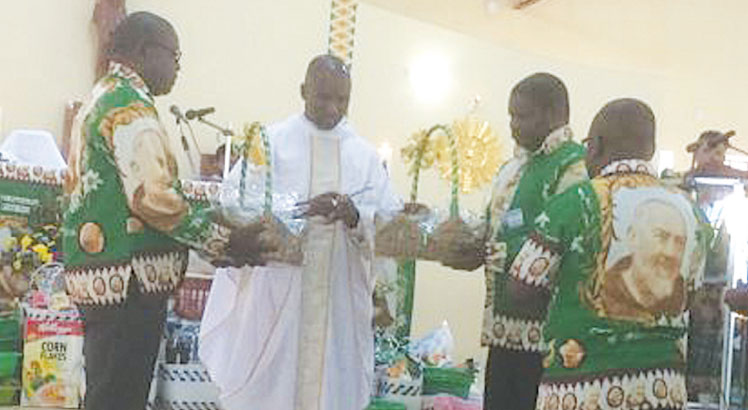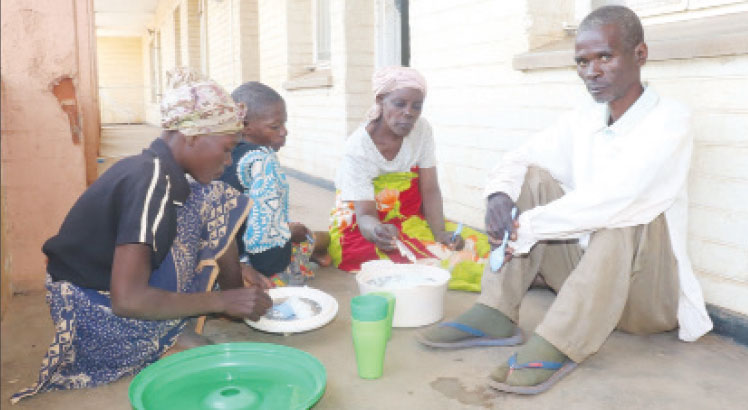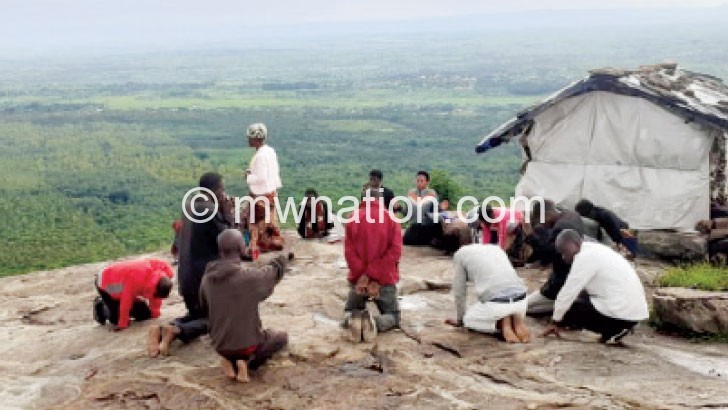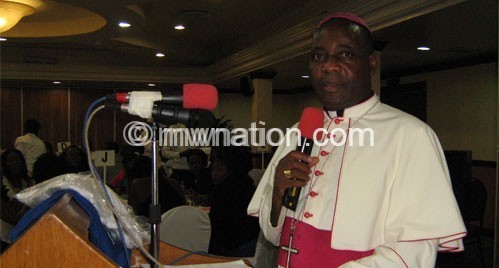Are believers hypocritical on homosexuality?
Since the debate on homosexuality surfaced on the local scene, some politicians, Christians and Muslims have never held back their feelings of distaste for people who engage in such practices.
One notable politician is Ken Msonda, who recently attracted the wrath of human rights activists for inciting violence against homosexuals over “kill homosexuals” remarks he made on his Facebook page.
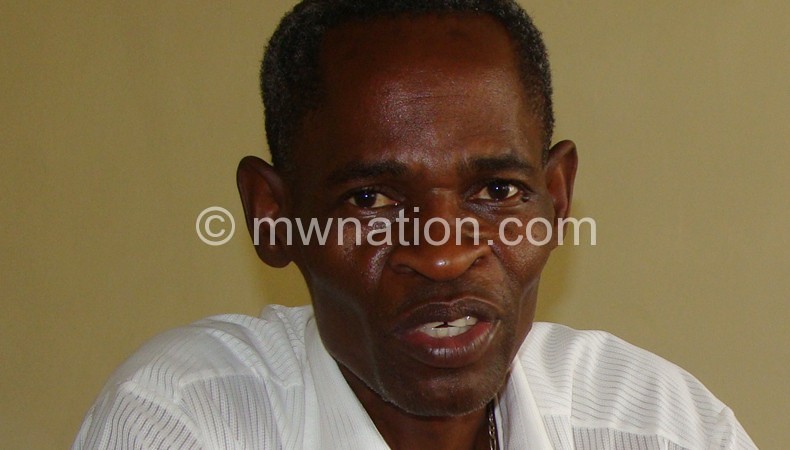
Msonda was due to face trial for allegedly inciting others to contravene the law. His case was due for hearing on January 22 2016 at the Blantyre Magistrate’s Court, but he was saved from the hook by a decision by the Director of Public Prosecutions (DPP) to discontinue the case albeit without reasons.
Msonda, a People’s Party (PP) publicity secretary and a CCAP devout, who said what he said in his personal capacity, believes that apart from being a ‘foreign culture’, homosexuality is a sin before God.
It is important to note that his viewpoint is shared by many who are either merely conservative or would like to be identified as ‘God-fearing’ Malawians.
Episcopal Conference of Malawi (ECM) secretary general Father Henry Saindi says the Catholic Church is equally against the legalisation of homosexuality.
But Saindi emphasises that homosexuality in itself does not constitute sinfulness, but the actual act of practicing it is what constitutes sin.
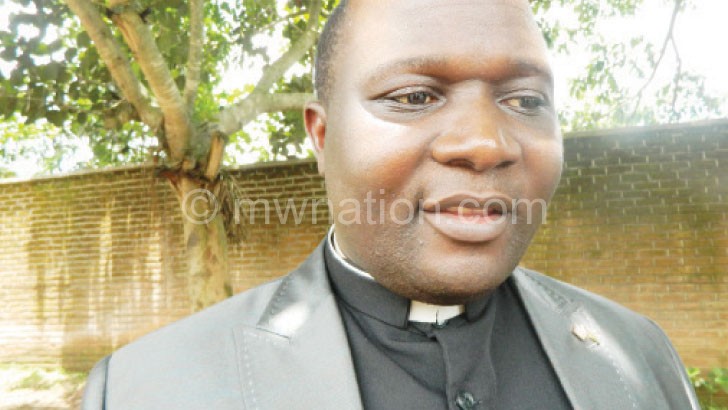
Saindi says it is for this reasons that the church, in a Pastoral Letter dated March 2 2013, which was read out in all its churches across the country, the bishops spoke critically against the practice.
He says the church does not support calls for the killing/execution of people suspected or perceived to be homosexuals.
Explains Father Saindi: “The stand of the Catholic Church is that homosexuals need to be treated with dignity and respect and must be helped to be redeemed from their disordered state. The church would like to treat homosexuals like any other sinner who needs pastoral care.”
Saindi also observes that one may be homosexual and not engage in homosexual acts, and one may not be a homosexual and nevertheless engage in homosexual acts.
“Thus, the church’s ministers must ensure that homosexual persons and those indulging in homosexuality acts, if any exist in their care, will not be misled by this movement, lest they be led to believe that the living out of this orientation in homosexual activity is a morally acceptable option. It is not,” he says.
Human rights activist, Kizito Kaunjika, who heads a pressure group fighting legalisation of abortion and same sex relationships, welcomes the church’s stand and urges all Christians to heed the call and share the message.
“The church has taken the right direction to guide the faithful on these important issues. It is my hope that the people will heed the message of the bishops and share it with others so that the message should spread,” said Kaunjika.
Livingstone Mndhuli, a Blantyre resident, says he would not be comfortable to support an argument being advanced by some conservative and God-fearing Malawians that homosexuality constitutes foreign or western culture.
Mndhuli says Malawians need to address a question of where Christianity originated from before condemning proponents for the legalisation of homosexuality.
He argues: “As far as I’m concerned, we, Africans, import everything from other continents; and, that includes religion such as Christianity. So, what justification do Malawians or Africans have for rejecting homosexuality, which seems to be a latest import from the West?”
Mndhuli draws the attention of the read to a recent debate hosted on a radio station in Accra, Ghana, in which one of the panellists who identified himself as the priest of African Traditional Religion, unleashed a tirade against Christianity and insisted that Christianity is a whiteman’s religion which succeeded in ruining African culture.
But Saindi argues that Christianity has been in Africa long enough that it can be rightly described as an indigenous, traditional and African religion.
He says right from the Old Testament, one can trace the origins of Christianity to Africa and that it was exported and refined in Europe.
He cites the Ethiopian eunuch in Acts Chapter 8, who was converted long before the Apostle Paul and took the gospel to Europe.
“Again, in Acts 13 where the believers gathered to fast and pray, some African believers were named among those praying. Simeon also called the Niger (which means black) and Lucius from Cyrene (a country known to be in North Africa who is believed to have helped Jesus in carrying the Cross Matthew 27:32), were early African Christians,” explains Saindi.
He also says Jesus and His parents lived in Egypt for some years before they returned to Nazareth and it might be possible that he learnt how to walk and talk in Africa.
Reverend Billy Gama of CCAP Blantyre Synod warns that proponents of homosexuality will face an uphill task to change people’s mindset towards the practice.
Gama says there is no way a conservative and God-fearing Malawian can embrace the practice because; “first, it is not in tandem with their cultural beliefs; and, two, it is in conflict with the law of nature, which states that marriage is between a man and woman.” n


